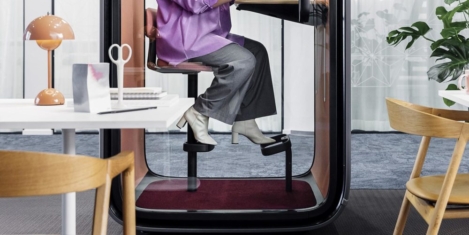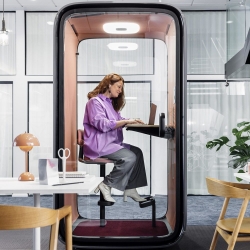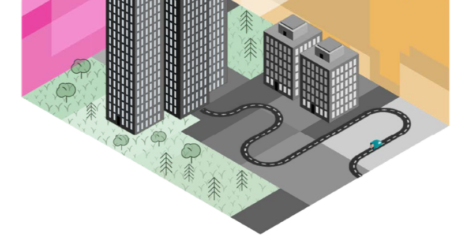To provide the best experiences, we use technologies like cookies to store and/or access device information. Consenting to these technologies will allow us to process data such as browsing behaviour or unique IDs on this site. Not consenting or withdrawing consent, may adversely affect certain features and functions.
The technical storage or access is strictly necessary for the legitimate purpose of enabling the use of a specific service explicitly requested by the subscriber or user, or for the sole purpose of carrying out the transmission of a communication over an electronic communications network.
The technical storage or access is necessary for the legitimate purpose of storing preferences that are not requested by the subscriber or user.
The technical storage or access that is used exclusively for statistical purposes.
The technical storage or access that is used exclusively for anonymous statistical purposes. Without a subpoena, voluntary compliance on the part of your Internet Service Provider, or additional records from a third party, information stored or retrieved for this purpose alone cannot usually be used to identify you.
The technical storage or access is required to create user profiles to send advertising, or to track the user on a website or across several websites for similar marketing purposes.
 Government must seize the post-pandemic opportunity to mandate long-term improvements to infection control in commercial, public and residential buildings to improve indoor air quality, reduce the transmission of future waves of COVID-19, new pandemics, seasonal influenza and other infectious diseases, according to a report published by the National Engineering Policy Centre (NEPC). Infection control must also be coordinated with efforts to improve energy efficiency and fire safety, to support the three goals of safe, healthy and sustainable buildings. (more…)
Government must seize the post-pandemic opportunity to mandate long-term improvements to infection control in commercial, public and residential buildings to improve indoor air quality, reduce the transmission of future waves of COVID-19, new pandemics, seasonal influenza and other infectious diseases, according to a report published by the National Engineering Policy Centre (NEPC). Infection control must also be coordinated with efforts to improve energy efficiency and fire safety, to support the three goals of safe, healthy and sustainable buildings. (more…)










 At the 1983 International Design Conference in Aspen, Steve Jobs delivered a speech addressing the theme of the conference; The Future Isn’t What It Used to Be. In it he set out his thoughts on new technology, intuitive design, personal computing as well as the need for a constantly evolving idea of what the future will look like, including the future of work.
At the 1983 International Design Conference in Aspen, Steve Jobs delivered a speech addressing the theme of the conference; The Future Isn’t What It Used to Be. In it he set out his thoughts on new technology, intuitive design, personal computing as well as the need for a constantly evolving idea of what the future will look like, including the future of work. 














 Employees with full autonomy to choose where they work are happier in their job, yet only one in five are currently able to do so. And though 60 percent of all employees prefer hybrid working, only 39 percent are able to flexibly split their time between the home and office. This is according to Jabra’s 2022 edition of the
Employees with full autonomy to choose where they work are happier in their job, yet only one in five are currently able to do so. And though 60 percent of all employees prefer hybrid working, only 39 percent are able to flexibly split their time between the home and office. This is according to Jabra’s 2022 edition of the 








June 1, 2022
Not busy-ness as usual: how boredom may be one of the keys to creativity
by Mark Eltringham • Comment, Technology